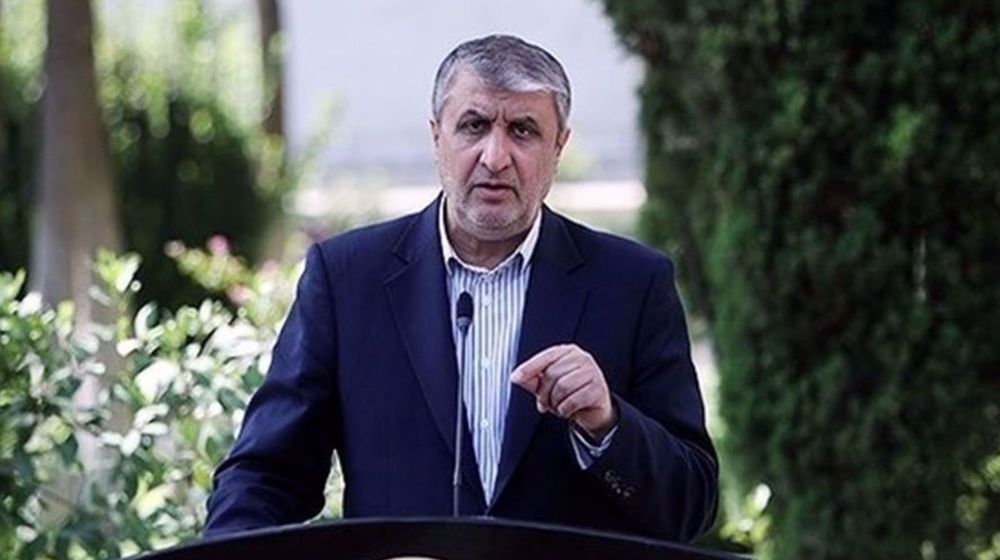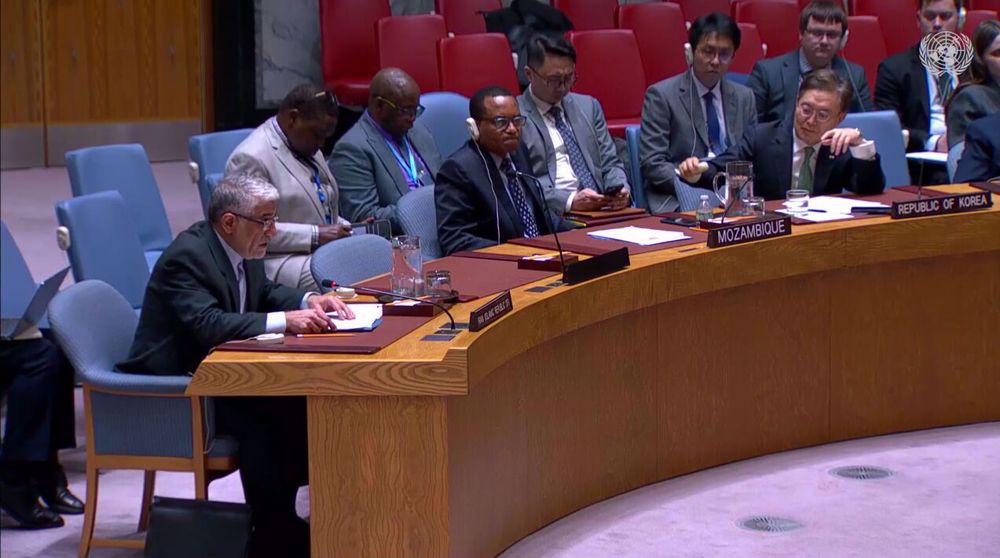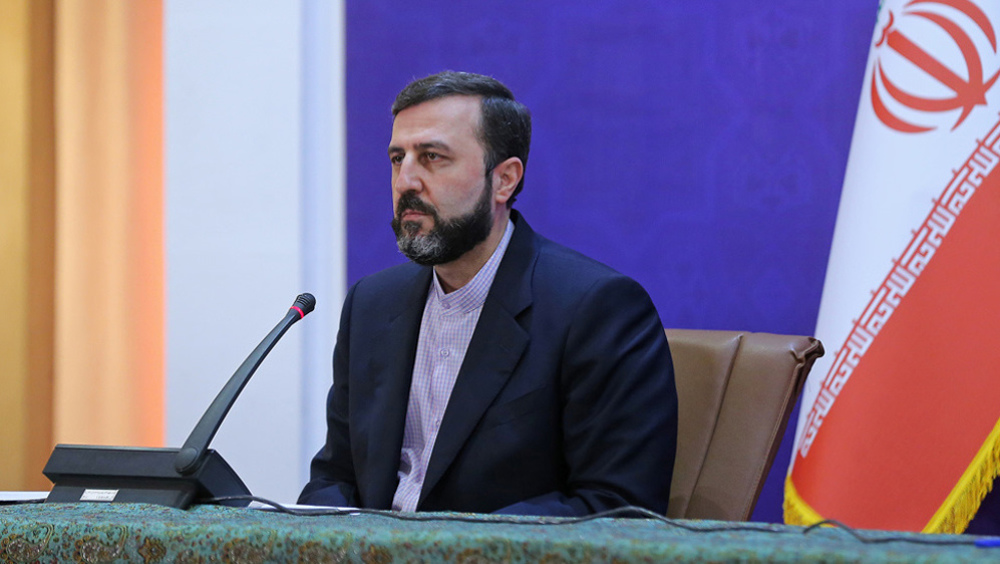Disagreement with Iran not beneficial to European troika: AEOI head
Iran's nuclear chief has advised European countries not to follow suit with US President Donald Trump’s position on multilateral 2015 nuclear deal, warning that disagreement with Iran will not be beneficial to European countries.
Head of the Atomic Energy Organization of Iran (AEOI) Ali Akbar Salehi made the remarks in a meeting with former British foreign secretary, Jack Straw, in Tehran on Tuesday, reminding Straw of the first round of nuclear talks between Iran and the European troika, including the UK, France, and Germany.
“In view of your experiences with respect to the first round of nuclear talks between three European countries and Iran, you are well aware that lack of agreement with Iran, as was the case in the past, will certainly not benefit you,” Salehi added.
He said Trump's mental instability has created many problems, adding that the Islamic Republic would take necessary steps in line with its interests if the US president decides to withdraw from the nuclear accord, known as the Joint Comprehensive Plan of Action (JCPOA), reached between Iran and the P5+1 group of countries.
Iran and the five permanent members of the United Nations Security Council – the United States, France, Britain, Russia and China – plus Germany signed the nuclear agreement on July 14, 2015 and started implementing it on January 16, 2016.
Under the JCPOA, Iran undertook to put limits on its nuclear program in exchange for the removal of nuclear-related sanctions imposed against Tehran.
The US president delivered an anti-Iran speech on October 13, 2017, in which he said he would not continue to certify Iran’s compliance with the terms of the JCPOA, a central foreign policy achievement of his predecessor, Barack Obama, and warned that he might ultimately terminate the agreement.
The next deadline for Trump to waive nuclear-related sanctions falls on Friday.
Iranian Deputy Foreign Minister Abbas Araqchi warned on Monday about possible withdrawal of the United States from the landmark nuclear deal and said, "The US president has taken many actions over the past year to destroy the JCPOA and it is even possible that the JCPOA would be dismantled in the next few days through measures he seeks to take."
Araqchi further expressed Iran's readiness for any scenario vis-à-vis the US decision on remaining committed to the JCPOA or pulling out of it.
Elsewhere in the meeting, Salehi pointed to some cases in which the P5+1 members failed to remain committed to their obligations under the JCPOA, noting, for example, that Britain had put obstacles in the way of Kazakhstan for selling 900 tonnes of uranium to Iran.
Salehi and Straw also discussed various issues pertaining to Iran-Britain relations and leading developments in the region.
In a phone conversation with Director General of the International Atomic Energy Agency (IAEA) Yukiya Amano on Monday, the AEOI head said the Islamic Republic may reconsider its cooperation with the UN nuclear agency in case of a US non-compliance with the JCPOA.
"If the United States does not fulfill its commitments under the JCPOA, the Islamic Republic of Iran will take decisions that can affect its current cooperation with the International Atomic Energy Agency," Salehi told Amano.
Since the JCPOA implementation, the IAEA has been verifying and monitoring Iran’s compliance with its nuclear-related commitments under the nuclear deal and has consistently verified the Islamic Republic’s compliance.
The European Union invited Iranian Foreign Minister Mohammad Javad Zarif to Brussels on Thursday for talks over the JCPOA.
"The EU High Representative Federica Mogherini will convene a meeting with ministers of foreign affairs of E3 countries -- France, Jean-Yves Le Drian, Germany, Sigmar Gabriel, and the UK, Boris Johnson -- and Iranian Foreign Minister Javad Zarif on Thursday, 11 January, in Brussels," said a statement by the 28-member bloc released late on Monday.
Straw, Zarif discuss JCPOA, regional issues
The former British foreign secretary also held a meeting with the Iranian foreign minister in Tehran on Tuesday.
Zarif and Straw exchanged views about the JCPOA and key regional issues, particularly the situation in Yemen and Bahrain.

Straw said his country was resolved to support further implementation of the nuclear deal and noted that British officials had made efforts to urge the United States to preserve the JCPOA achievements.
Straw was in Tehran to attend the second international conference on security in West Asia, known as Tehran Security Conference, amid challenges facing the strategic region.
VIDEO | Press TV's news headlines
Iran says Christmas opportunity to remind ourselves of Jesus Christ call for 'justice, peace'
VIDEO | Eyewitness video shows moment of plane crash in Kazakhstan
VIDEO | Lebanese Christians celebrate Christmas over ruins
Iran FM: ‘Too early’ to predict Syria’s future for those thinking ‘victories’ achieved
The big role of steel industry in Iran’s development
Yemen fires second hypersonic missile at Israeli targets in as many days
UK suspends 6,500 Syrian asylum claims after Assad's fall













 This makes it easy to access the Press TV website
This makes it easy to access the Press TV website